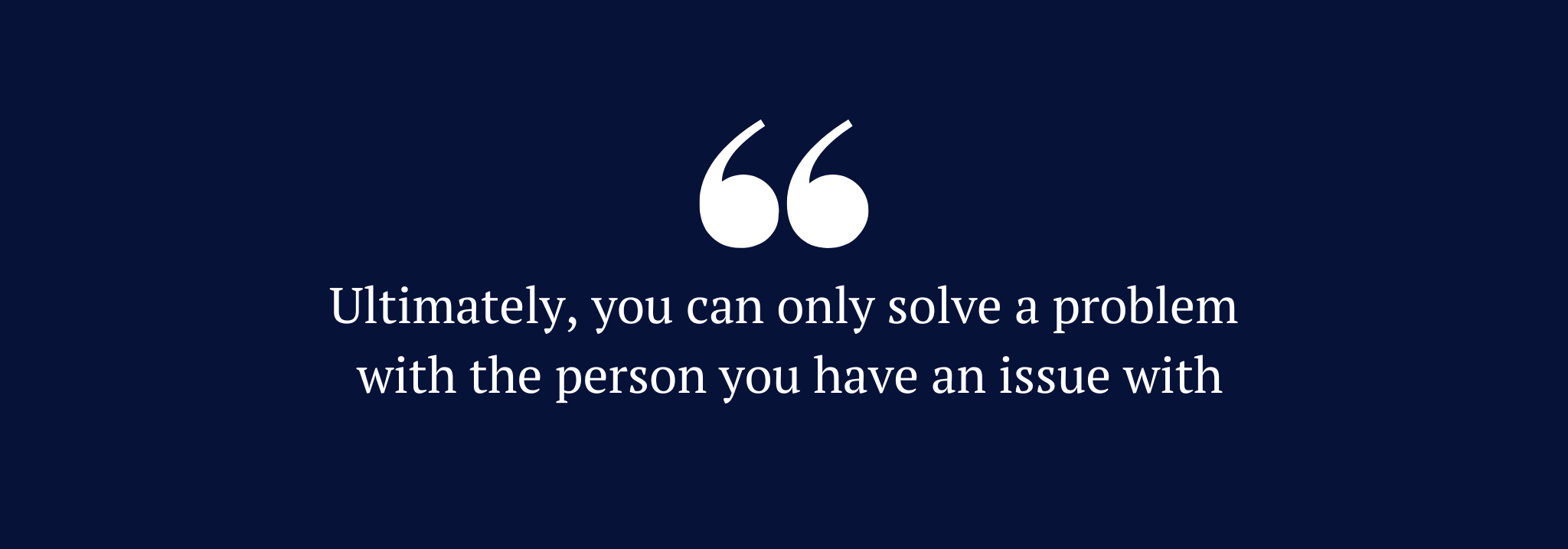
How to handle gossip-mongers and avoid the rumour mill
Whether it feels like a funny anecdote or more salacious stories, gossip is something we can all be privy to, yet has become associated particularly with women. So why is it that women get this reputation, while men don’t?
Society has trained women to be indirect communicators, because when they are direct, they are labelled ‘harsh’, ‘mean’, ‘aggressive’, ‘bossy’, or ‘difficult’. They are seen as difficult to have a relationship with, difficult to work with, and difficult to be friends with. Men, however, do not seem to face the same stigma. When men are direct, they are often viewed as good leaders, competent, articulate, and determined.
So, when we punish women for being direct, we teach them to communicate indirectly. This includes gossiping, and talking behind someone’s back, but also includes sarcasm, passive aggression, and jabs disguised as jokes – but it’s important to recognise that anyone can use these communication tactics.
What we have to understand about gossip is that regardless of why it’s used, it deteriorates a relationship, because you are sharing information that is not yours, to a third party. If someone has chosen to confide in you, it is not your right to pass that information on to someone else without their consent. For example, if your best friend tells you private information, that is not a free pass to tell your partner.
Having bad boundaries is unfortunately the norm and, therefore, if you are on the receiving end of gossip, it’s important to let the person know that this is a behaviour that bothers you. People often share things unconsciously without thinking about what information belongs to them and what doesn’t, so even if it wasn’t malicious, it’s important to highlight this to make sure your boundaries aren’t crossed again.
If gossip includes someone talking about you behind your back, it can be really hurtful, and this also will affect your trust, because you will be unable to know whether the person is just saying what you want to hear, and saying something different in front of different audiences, or telling you the truth.

Falling into a habit of gossiping can occur for a few reasons, including when feelings are hurt, rather than confronting the offender, a person turns to a mutual friend to vent or for support. The problem with this is it creates triangulation, drawing in people who were not originally involved with the issue. This can lead to people taking sides, often making the problem worse.
We may do this to seek validation, because we worry we have overreacted, or want others to confirm that we have a right to feel the way we do. Instead, we need to start validating ourselves, and understand that if something bothered us, it doesn’t matter if someone else wouldn’t be bothered by it, we are – and that’s enough of a reason to bring it up. Ultimately, you can only solve a problem with the person you have an issue with.
If you find out someone has gossiped about you, the best thing you can do is confront it. You can use sentences like: “I was upset to find out that you’d be talking about me, and I would appreciate having a conversation about it.” If someone has shared information that you wanted to be kept private, reinstate your boundaries and set a consequence: “The other day I told you something confidential, and I’ve found out that you have shared it with others. Next time, I really need you to keep the information I tell you between us, otherwise I will be more cautious of sharing with you in the future.”
Research, such as a study by Jonathan R. Weaver and Jennifer K. Bosson published in Personality and Social Psychology Bulletin, has shown that when we have a mutual dislike of someone, it is easier to form a bond. What we have to remember, though, is even if you form a bond faster or stronger, it will not be a high quality friendship if it relies on gossip to exist. When someone is a frequent gossiper, shares information, and talks behind other people’s backs, no one is immune from that behaviour, so it’s likely you’ll fall victim, too.
If you hate gossip, the way you change the dynamic in your relationships is by becoming more direct yourself. When you are more direct, you give others the permission to be as well, and when you vocalise what has upset you, your confidence grows because you are standing up for your feelings. We set the standard for how we deserve to be treated, how much information someone gets access to, and who is trusted with what information.
Love Michelle x
Photography | Luke Nugent
Subscribe to Happiful to make sure you don't miss out on Michelle's fantastic regular column!

